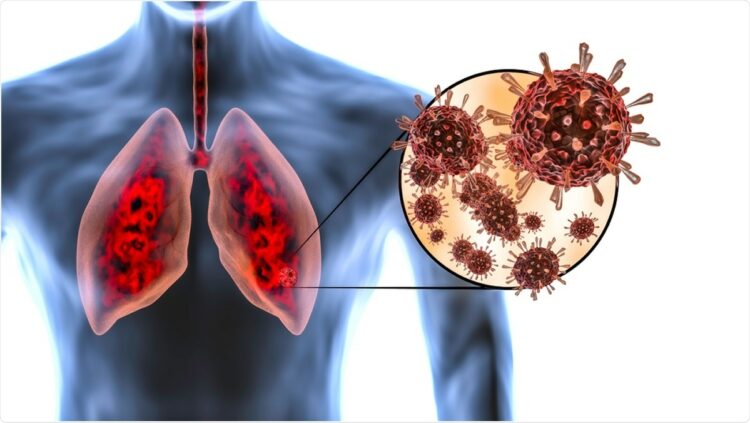A study from the United Kingdom has underscored the negative long-term effects of extended COVID-19 disease on the human lungs.
Bloomberg Quicktake posted a video on its Twitter feed explaining the findings using one long-haul COVID sufferer as an example.
The study found, in part that 70 percent of extended COVID patients sustained damage to at least one of the vital organs.
70% of long Covid sufferers develop damage to at least one vital organ like the heart or liver, a new U.K. study found pic.twitter.com/JrqG9zZ1UN
— Bloomberg Quicktake (@Quicktake) September 27, 2021
Back in April, UK Research and Innovation funded a study done by Imperial College London to study lung inflammation and scarring from the coronavirus. The goal was not only to understand the long-term effects but also to try to develop treatment and prevention strategies.
Although it is known that COVID is a respiratory virus, medical researchers have not yet reached a consensus on the effects of the disease on patients who deal with moderate to severe symptoms past the average 10-14 days.
For example, scientists at Loyola Medicine in Illinois performed a study in which they concluded that there were no long-lasting ill-effects of extended COVID-19 on the lungs.
However, there is plenty of evidence that the findings of the researchers in the UK are closer to the truth, as several individuals in the United States have needed single and double lung transplants after harrowing bouts with the virus.
The Radiological Society of North America released a report finding that former patients who are three months post-hospitalization also suffer from long-term respiratory distress, such as breathlessness.
In general, doctors agree that days five through 10 are the most crucial for those who have been diagnosed with COVID-19 and are symptomatic. In an ideal situation, the symptoms should begin to wane by the seventh day. However, if symptoms seem to be getting worse, patients should seek hospital care.
Doing so is what may determine the experience of long-haul complications.









